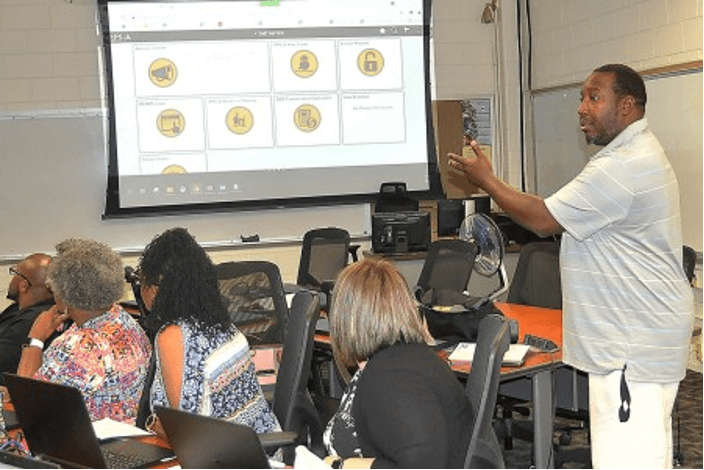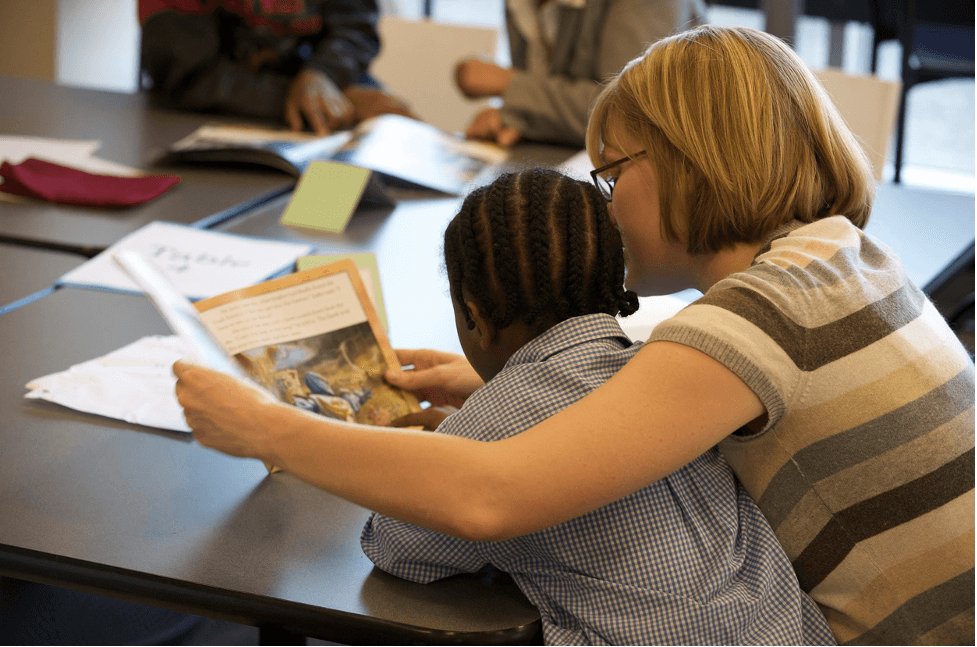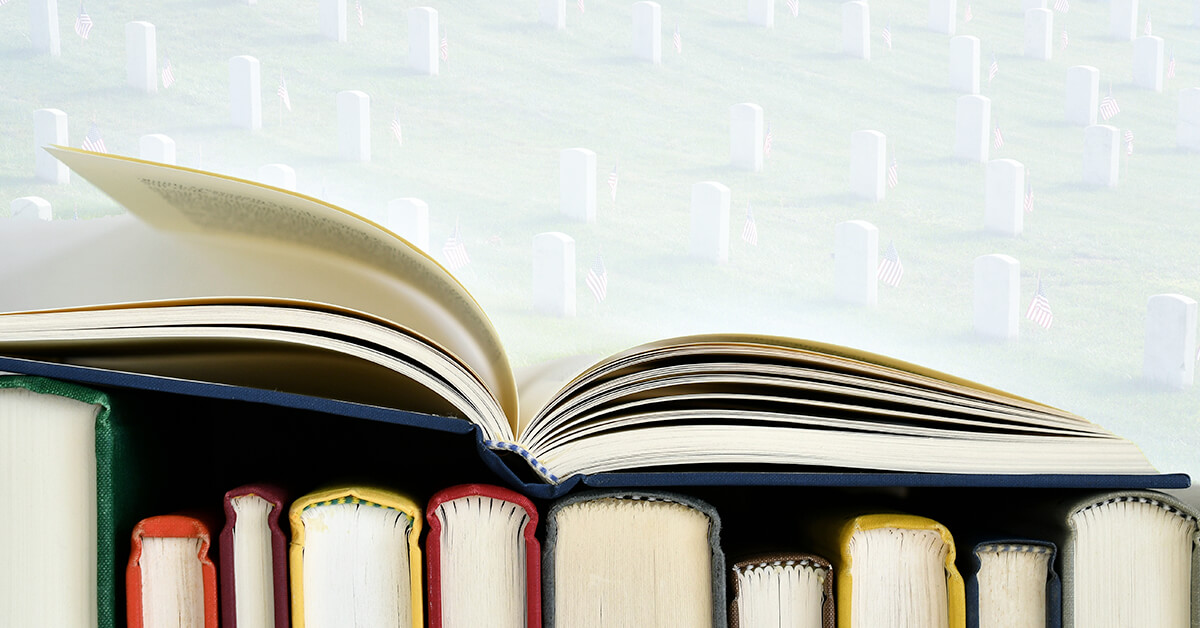Each year, about four million children deal with the loss of a parent in the United States.
By the time they turn 18 years old, it’s estimated that it will happen to about 1 in 14 children.
Which means, millions of our children are dealing with deep grief and pain.
Millions of children are struggling. And there is very little help or support available.
Grief Literacy Awareness
I’m writing about this to bring as much awareness to a situation going on daily that isn’t being talked about because most likely it’s not even being recognized.
The above statistics reflect the findings of a 2017 Bereavement study from the New York Life Foundation. And when I first read these findings, I started compiling information to share with school administrators, and their faculty and staff.
I believe that together we can make a difference in offering support to grieving children, even if it is just to recognize the long-lasting effects it has on a child’s life and to help them find resources that could offer them the support they need.

Statistics Don’t Tell the Whole Story
Here are a few things to keep in mind:these statistics are just about parental losses.No other losses are taken into consideration.
These statistics come from a study that is 5 years old.
With the increase in addiction and overdose deaths and the recent Covid 19 pandemic, many families have suffered multiple losses and as a result, I think it is safe to say the kinds of losses and the number of losses students are dealing with, may be much higher now.
But that’s not all
Let me share even more findings from that study.
Nearly 80 percent of these kids say they feel like losing a parent is the hardest thing they have ever experienced and of nearly 65% said they felt like they had no one to talk to.
In fact, 57 percent said it took them more than 6 years to move through their grief and pain and most support from family and friends came to a halt after the first three months.
That’s 5 years and 9 months of feeling sad, frustrated, isolated, lonely, scared, angry, numb, lost, misunderstood ( just to name a few of the many emotions one feels while grieving) and having NO ONE to turn to.
Maybe that’s why adults who lost a parent when they were a child report they feel more sad and depressed than other adults. And who could blame them?
Unresolved grief has side effects that can last a lifetime.
Unfortunately, the statistics don’t stop there.
Grief in Schools
In a 2012 survey of educators conducted by the New York Life Foundation in partnership with the American Federation of Teachers, 70 percent of teachers surveyed say they have at least one child in their classroom dealing with grief and yet only 7 percent said they had some bereavement training.*
This means 93% of teachers surveyed said they have no idea of what to do, what to say or how to support a grieving child.
93 percent!
Why is this important?
Because millions of children are suffering and no one seems to know what to do, what to say or how to guide them to resources that can help them.

Grief Illiteracy is Not Just a Teacher Issue, It’s a Human Issue
We have to do better.
Too many people are grieving and hurting and too few people barely know how to recognize it let alone know what to do or say to offer comfort or support.
Teachers don’t know what to do.
Peers don’t know how to react to their grieving friends.
Resources that could help grieving children are not available in most schools.
And the sad truth is, it’s not just children suffering. So many adults are grieving too.
And most people feel ill equipped when it comes to offering comfort and support.
And so many of us are silently suffering.
Unless it has happened to you, most people simply don’t know or have the skills in how they can offer help and support.
This is part of the reason why I wrote “How Can I Help?”, a book to help people know what to say and what to do to offer comfort and support to their friends, family members, and co-workers who are dealing with loss.
I also wrote the book to help save relationships.
My husband and I not only lost our son in 1999, we also lost a few of our closest friends.
I believe it’s because it either scared them too much, or because they just didn’t know what they could do or say to help us. And the last thing they wanted to do was make it worse, so they just did nothing, and never came around again.
The emotions you feel as you grieve, compounded by the feelings of being abandoned by those you thought would be there for you, is quite excruciating, and it’s something you never forget.
So imagine how grieving children must feel when they return to the classroom, and no one seems to know what to say or do. Not even the teachers. Imagine how they must feel, as they try to hold themselves together so as to not be judged by their peers, and yet are suffering so much on the inside.
Imagine how lost, lonely and different they must be feeling, and still have to pay attention, learn and perform on tests.
Lucky for us, we had other people who stepped up to help us. We found great grief support resources, and I was able to be coached through my grief to recover in a way that allowed me to move from just existing and surviving, to truly living and thriving!
That’s why it’s so important to help as many grieving people as we can. And since children will most likely carry this unresolved grief with them most of their lives, it just makes sense to help them as soon as we can, as grief can be detrimental to their growth and development, and their ability to learn, and thrive in life.
No child should have to suffer a lifetime just because someone they loved died.
No person should have to suffer carrying the heavy burden of grief for a lifetime.

So How Do We Get Better?
I think it comes with better educating ourselves about grief.
Do we know how grief affects the mind, the body, emotions?
Can we recognize the signs of someone struggling with grieving?
Are we equipping teachers, faculty and staff with a basic understanding and knowledge of grief and its effects on students?
Do schools have resources available for grieving students?
Do schools know which services are available in their community that are grief specific?
If we take the focus off of fixing the problem to just being able to better offer support, we can make so much headway in helping grieving students.
Here’s How Graduating Grief Can Help
This is what I do with the “How Can I Help? Workshop”
It is a 90 minute teacher in-service training that helps educate school administrators, faculty and staff on things such as:
- Recognizing the signs of grief
- Understanding the long lasting struggles many grieving students are facing
- Offering ideas on how to provide them with a safe space to process emotions that come with waves of grief.
- And connecting them with resources online and in the community that can help students struggling with grief.
Is this the answer to the problem? No. But it’s a good start. And as the late great poet Maya Anglelou said: When we know better, we do better” And even with the smallest bit of knowledge, we can offer support in a way that instills hope, and lead them down the path to healing.
Cited statistics reflect findings from the New York Life Foundation’s 2017 Bereavement Survey as well as a 2012 survey of educators conducted by the New York Life Foundation in partnership with the American Federation of Teachers.

